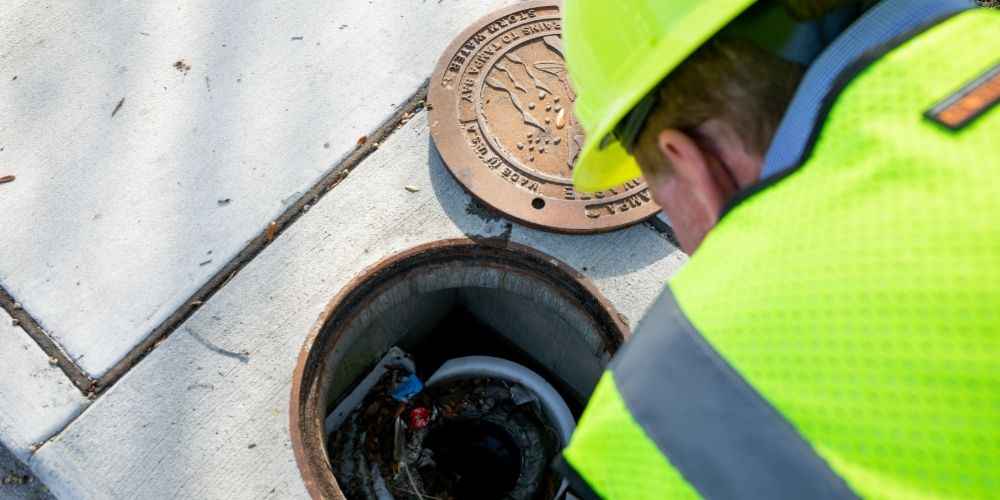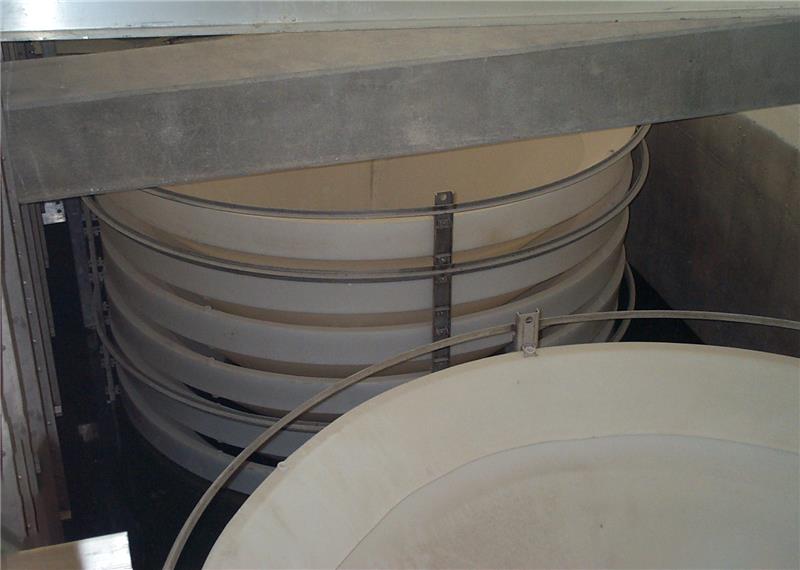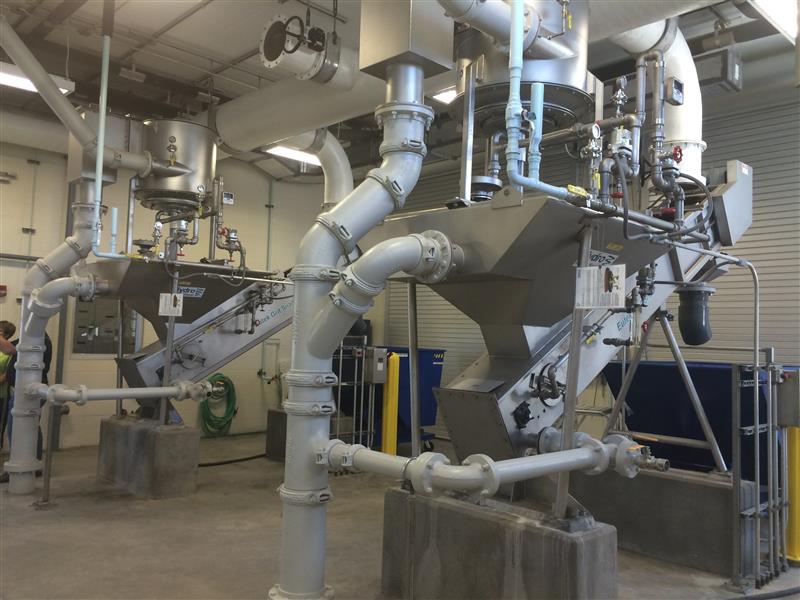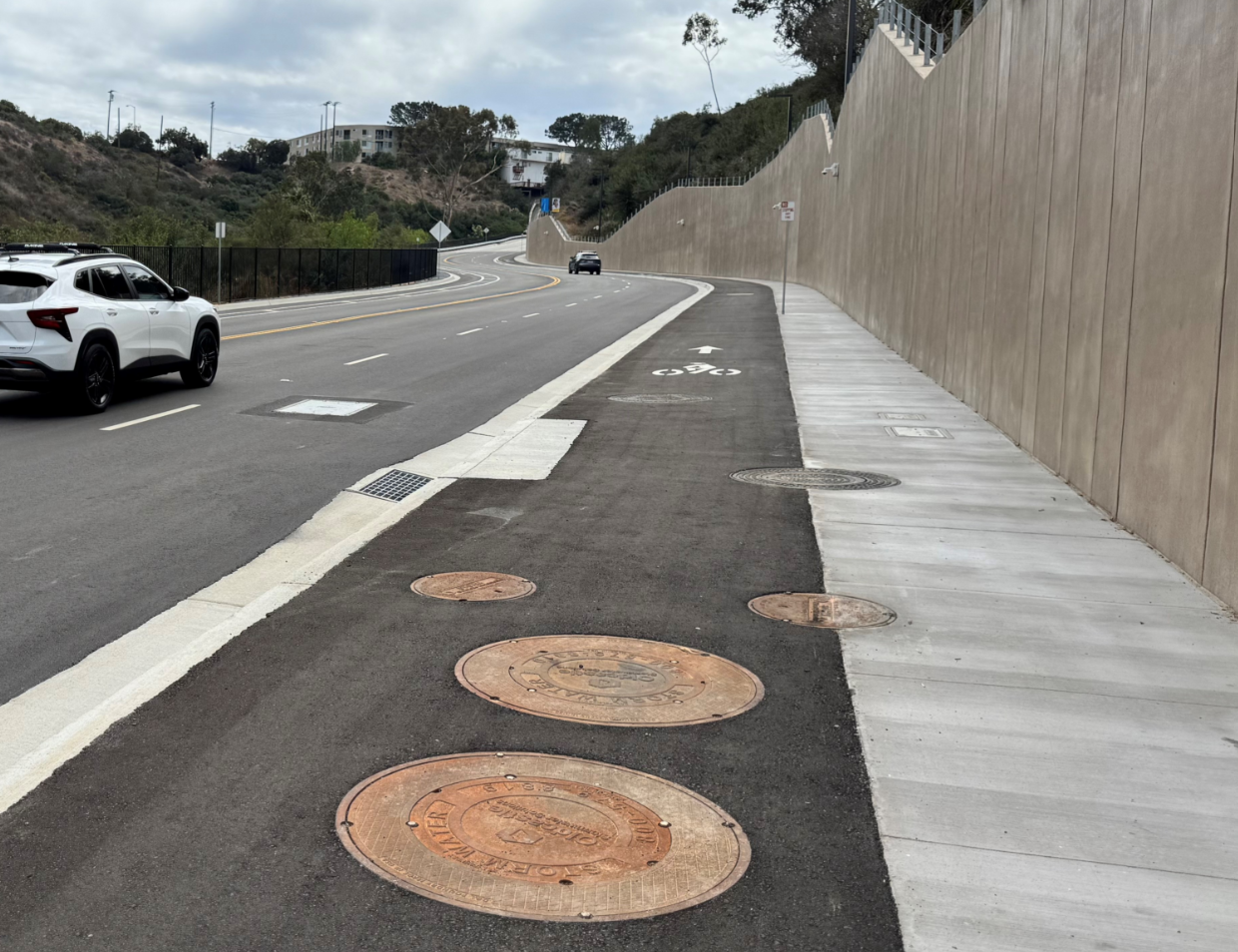November 7, 2023
The Hidden Value of Stormwater System Maintenance

Water, our most precious resource, is the lifeblood of our society. It’s the driving force behind our progress and the foundation of our future success. As someone deeply committed to the field of stormwater management, I understand that the key to that success lies in the way we approach stormwater system maintenance. More specifically, it hinges on the regular maintenance of our stormwater management infrastructure.
I’ve dedicated my career to this cause, and I can’t stress enough how vital it is to recognize the significance of maintenance in our journey towards a sustainable and thriving future. The impact it has on system performance, longevity, and compliance with regulations is critical.
You see, stormwater management is not just about designing state-of-the-art systems and installing them. It’s about ensuring these systems continue to function as intended. It’s about preserving the delicate balance of our environment and safeguarding our communities against the devastating consequences of neglected stormwater infrastructure.
We need to mimic the natural water cycle in our stormwater design, particularly as our cities and built environments expand. As urbanization encroaches upon nature, we inadvertently disrupt the natural flow of stormwater. To compensate, we must develop systems that replicate the natural cycle. However, for this cycle to be effective, maintenance is non-negotiable.
In my role as the Managing Director of Maintenance and Services at Oldcastle Infrastructure, I’ve witnessed a concerning trend. Many stakeholders invest significant amounts in stormwater products and infrastructure, but often, there’s insufficient focus on the maintenance of these assets. It’s a simple truth: within a relatively short time frame—ranging from a few months to just a few years—products that aren’t properly maintained become clogged with sediment and cease to function, and the repair costs can be exorbitant.
But the importance of maintenance goes beyond preventing system failures. It’s also about protecting our environment from the consequences of inadequate stormwater management. Stormwater runoff, laden with pollutants like Total Suspended Solids (TSS), trash, oils, nutrients, heavy metals, bacteria, and more must be properly treated and filtered to safeguard our water bodies.
This is where various best management practices (BMPs), such as infiltration, filtration, low impact developments (LID), and green infrastructure, come into play. However, all these BMPs require ongoing maintenance to ensure they continue to remove pollutants effectively.
The climate crisis further complicates the situation. The Environmental Protection Agency (EPA) warns us that climate change will lead to more frequent and intense storms across the United States. And if our stormwater systems aren’t correctly maintained, these intense storms can wreak havoc, leading to flooding and other devastating impacts.
Effective stormwater runoff management offers five crucial environmental benefits, including the protection of wetlands, improved water quality, water conservation, public health, and flood control.
Stormwater management is also subject to federal regulations through the EPA, with states adopting their own programs to meet these standards. And let’s not forget, the responsibility for maintaining these systems largely falls on the owner’s shoulders. It’s a responsibility that isn’t always easy to shoulder, as many owners are unaware of the specific stormwater products and infrastructure on their properties.
In some cases, it’s a matter of educating the owners about their systems and how to properly maintain them. In others, owners may be aware of their systems but may entrust maintenance to individuals who lack a comprehensive understanding of these complex stormwater solutions.
In essence, stormwater management maintenance is akin to caring for your car. You can’t simply wash the exterior and ignore the engine’s needs. Neglecting the maintenance of stormwater infrastructure can lead to costly consequences, both financially and environmentally.
That’s why, at Oldcastle Infrastructure, we’re committed to providing not just stormwater products and solutions but also maintenance programs specifically designed to adapt to ever-changing regulations. We understand that by prioritizing maintenance, we’re not only preserving our environment and protecting public health but also securing our collective future success.
Download Craig’s white paper on Maintenance Solutions for Optimal Stormwater Management here.



